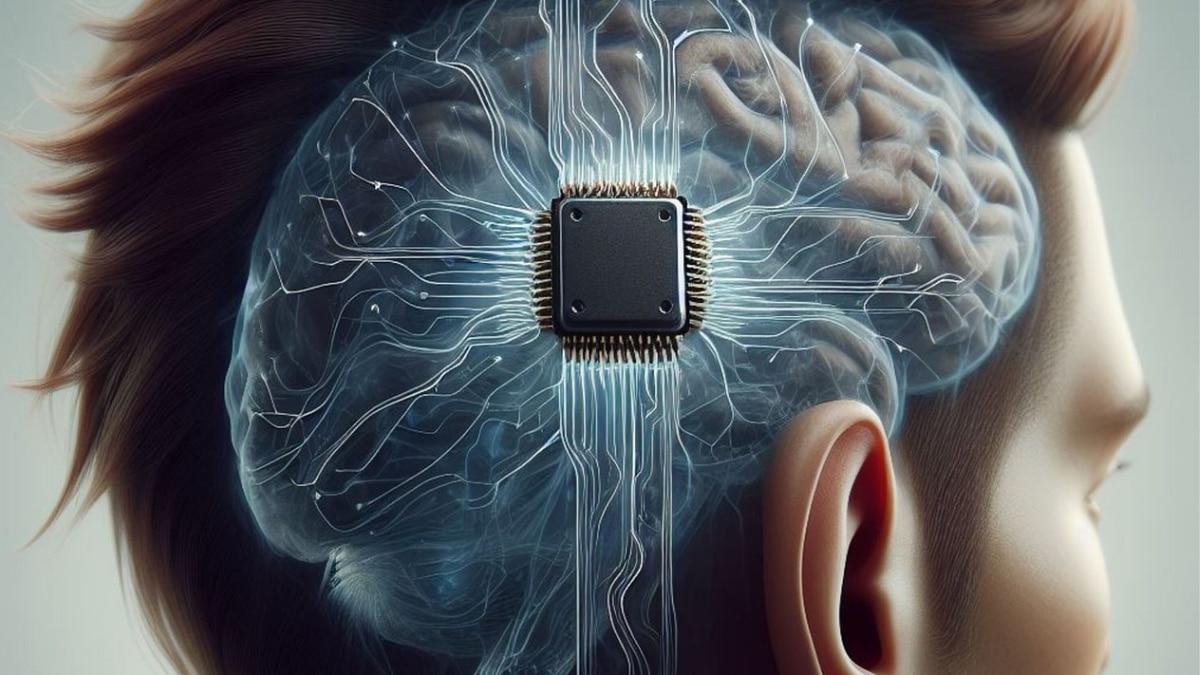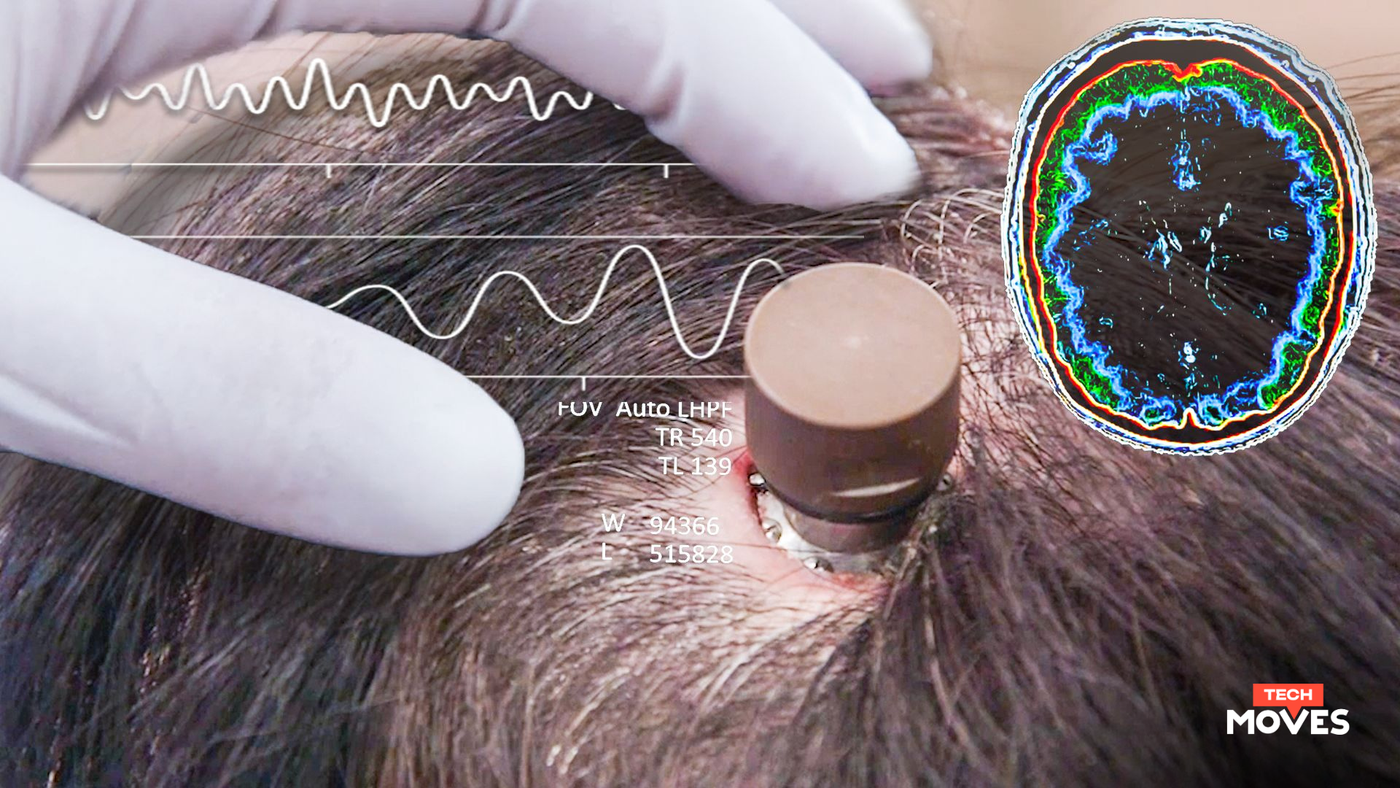Elon Musk's brain implant company, Neuralink, is preparing to make a significant leap in its development. The tech billionaire announced plans to implant its brain-computer interface device into a second human patient within "the next week or so," aiming to eventually grant humans "cybernetic superpowers."
Key Developments:
Cybernetic Superpowers: Musk shared on X that Neuralink's technology could allow amputees to control prosthetic limbs faster than they ever could naturally. He envisions a future where Neuralink's brain implant could treat epilepsy, cure paralysis, and enable users to control Tesla's humanoid robot, Optimus, with their thoughts. Musk optimistically predicts that these advancements will transform Tesla into a $25 trillion company.

Neuralink Progress: In a rare update, Musk and Neuralink executives discussed the company's progress via a video livestream on X. Despite encountering hardware issues with their first patient, whose device partially detached from the brain weeks after surgery, Neuralink is moving forward. Musk aims to have the number of participants testing the device in the "high single digits" by the year's end.
Enhancements and Improvements: Neuralink is addressing the detachment issue by sculpting the skull for better device fit, inserting threads deeper into the brain, and removing air pockets left after surgery. Additionally, they are developing an upgraded device expected to "double the bandwidth" of the current model.
Feasibility and Challenges:
Skepticism and Reality: Musk is known for his bold and often overly optimistic predictions. While the concept of controlling a robotic limb with superhuman speed or merging with AI is theoretically possible, such advancements are likely far into the future. Current applications, such as treating paralysis or restoring sight, are still experimental and approved only for clinical trials. Even if Neuralink's trials succeed, a commercial rollout for medical use is years away.
Transparency Issues: Neuralink's lack of transparency makes it challenging to assess its progress accurately. Updates are infrequent, selective, and mainly shared through Musk's livestreams and tweets. Experts emphasize that despite promising developments, the technology remains in its infancy.
Future Prospects:
Upcoming Enhancements: Musk hinted that future versions of Neuralink's brain chip would be more efficient and powerful. The new device will feature 128 threads, each with eight electrodes, compared to the current model's 64 threads with 16 electrodes each. This should boost efficiency if placed strategically in the brain. However, no timeline was provided for when this new device might be ready for human testing.

Crucial Insight: "What is surprising is that it functions at all," Musk remarked about the human brain, describing it as a "biological computer" that "shrinks over time as we age."
Financial Outlook:
Forbes Valuation: Elon Musk is currently the richest person in the world, with an estimated net worth of $258.2 billion. His wealth is primarily tied to the companies he co-founded and leads, including Tesla, SpaceX, The Boring Co., and AI startup xAI. Musk also owns the social media platform X, acquired in 2022.














